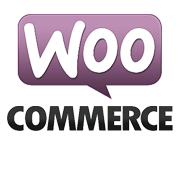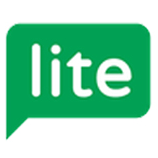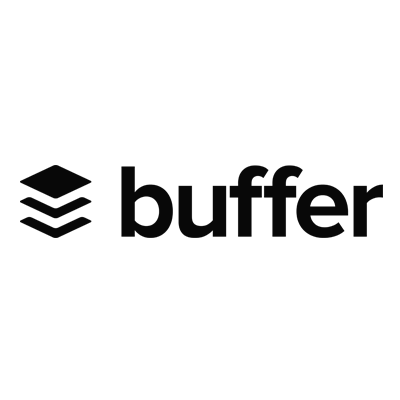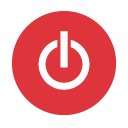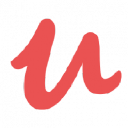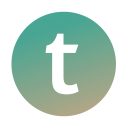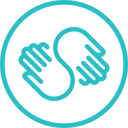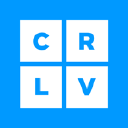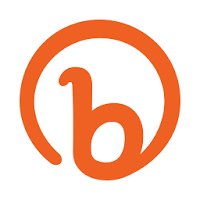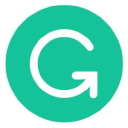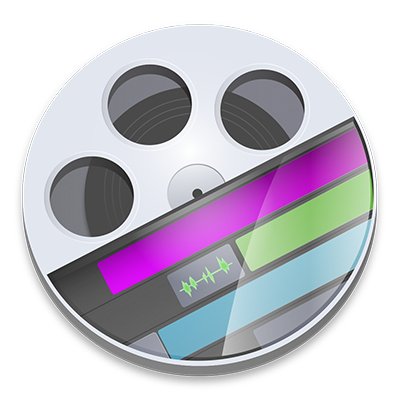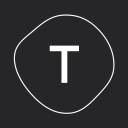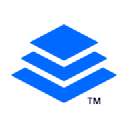How I Started A Successful Podcast Production Company
Hello! Who are you and what business did you start?
Hey there! I’m Jeremy Enns, the founder and Storyteller In Chief at Counterweight Creative, a podcast production and strategy agency.
We specialize in simplifying the process of producing a podcast for busy companies, entrepreneurs, and thought leaders, working closely to guide and assist them during the launch and setup phase, and then taking on the bulk of the production work once the show is live.
I started the company 3 years ago, in 2016 with one client, making $15/hour and have grown into a team of 10 contractors producing more than 30 shows per week with revenue of over $10K/mo.

What's your backstory and how did you come up with the idea?
I went to school for audio engineering, initially wanting to produce records for bands and...

